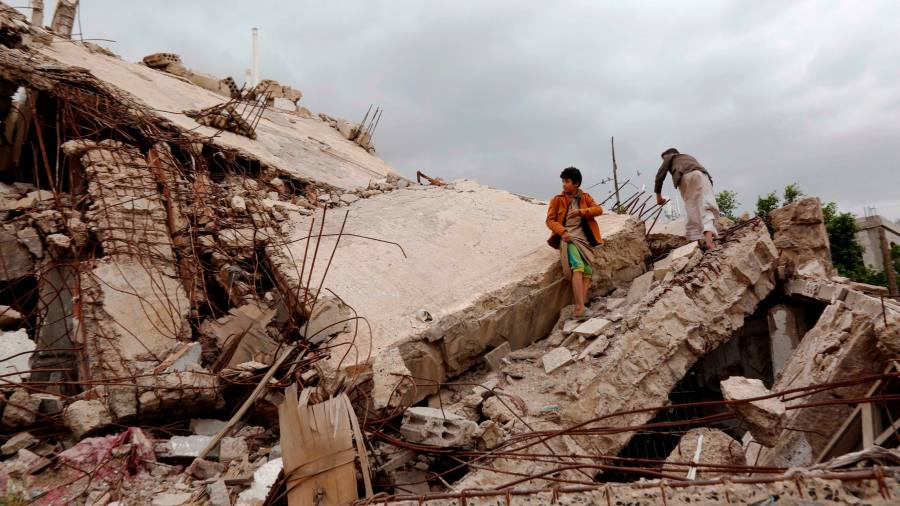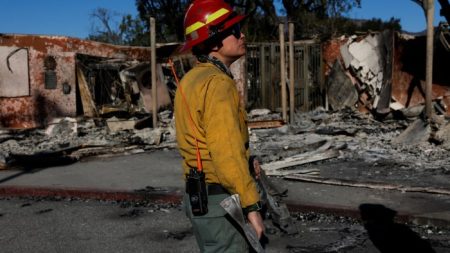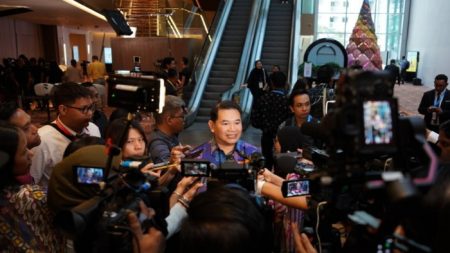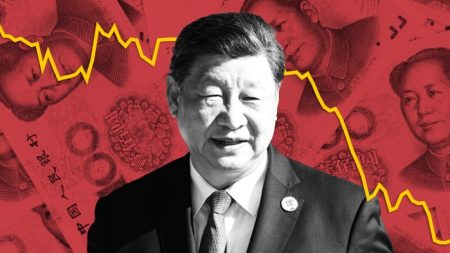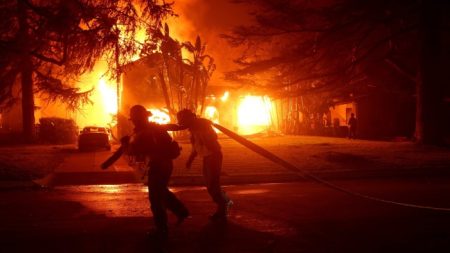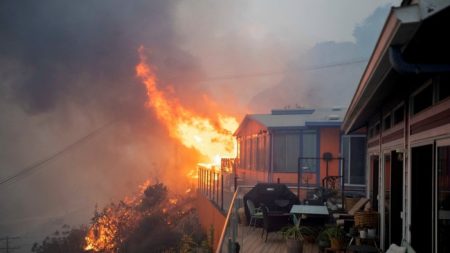A Saudi Arabian delegation has arrived in Yemen to negotiate an end to the long-running war that has pitted the kingdom and its allies against the Iran-backed Houthi militia group.
The delegation, and a team from Oman which had mediated negotiations, are due to meet a top rebel leader in the Houthi capital Sana’a in the coming days, in order to “lift the siege and end the aggression”, a Houthi news agency said on Sunday.
Diplomats had said in recent weeks that there was progress in talks, and the visit comes after Saudi Arabia agreed to normalise relations with Iran, which had helped arm and supported the Houthis.
A Saudi-led coalition intervened in Yemen in 2015 after the Houthis seized swaths of the country, including Sana’a. The war has killed hundreds of thousands of people, whether directly or through disease and malnutrition, and led to Houthi drone and missile strikes on oil installations in Saudi Arabia and the United Arab Emirates, its partner in the war.
The sides had agreed a truce last year that has since expired, although the fighting did not resume. People familiar with the talks said Saudi Arabia had agreed a financial package including public sector salaries and aid. In return the Houthis would stop their attacks and lift their siege on the city of Taiz.
Mohammed Al-Jaber, Saudi Arabia’s ambassador to Yemen who is part of the delegation, did not immediately respond to a request for comment. Houthi official Mohamed Al Bukaiti wrote on Twitter that “it is too early to say with certainty that the negotiations in Sana’a will succeed, but it is clear that an atmosphere of peace is taking hold in the region”.
The war in Yemen had been widely seen as a proxy conflict between Saudi Arabia and Iran, which severed ties in 2016 after protesters angry at the kingdom’s execution of a Shia cleric over-ran its embassy in Tehran.
Western and Saudi officials later blamed Iran for engineering a drone and missile attack on a Saudi oil facility that temporarily knocked out half of the country’s production.
But the conflict has been primarily a civil war with a myriad of competing factions, even within the same coalition. The Saudi-backed government that controls parts of southern Yemen is made up of factions that had previously been at odds and includes the UAE-supported Southern Transitional Council, which wants independence for south Yemen.
“The visit of both the Saudis and the Omanis aims to discuss the final details of the truce extension agreement, which is expected to be announced very soon,” said Ahmed Nagi, the Crisis Group’s senior Yemen analyst.
“While it is not clear how the many local conflicts will be settled, there are expectations of a launch of political negotiations between the Houthis” and the Saudi-backed Yemeni government, he said.
Read the full article here






